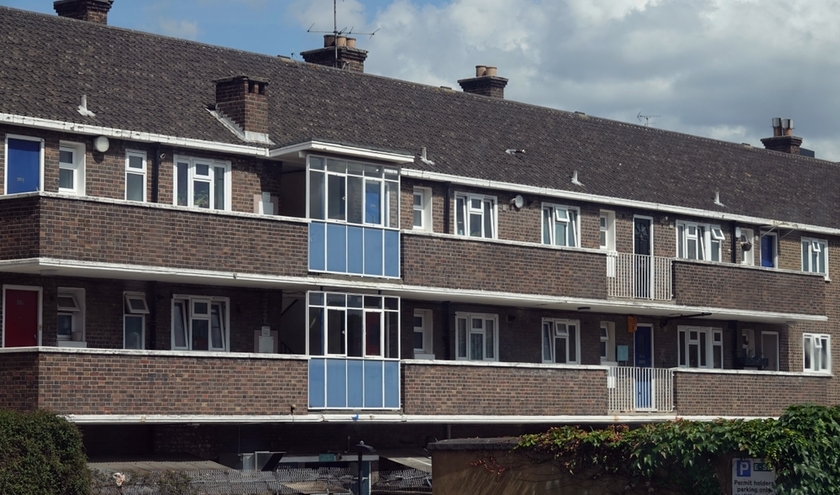London is facing a dual crisis: fuel poverty and the climate emergency. With 10% of households in fuel poverty and some of the oldest, least energy-efficient homes in Europe, the need for action is urgent. Warmer Homes London (WHL) is our collective response - a new organisation designed to scale up home retrofit across the capital, making homes greener, healthier, and more affordable to heat.
A shared vision
Established jointly by the Mayor of London and London Councils, Warmer Homes London is a collaboration between the Mayor, boroughs, housing associations, and delivery partners. It's designed to overcome fragmentation and deliver retrofit at scale, enabling a unified, city-wide approach that aligns with London's net zero ambitions.
Tackling the twin crises
Fuel poverty and the climate crisis are two sides of the same coin. London's buildings account for a third of the city's carbon emissions, with poor insulation driving up both heating costs and carbon emissions. Cold homes are a public health issue, linked to respiratory illness, mental health problems, and excess winter deaths.
Warmer Homes London addresses both challenges. By improving insulation, installing low-carbon technologies, and integrating air quality and climate adaptation measures, we can reduce emissions, lower bills, and improve health outcomes, particularly for the most vulnerable. This work will also make homes cooler in summer, adapting them to the increasing frequency and intensity of heat episodes due to climate change.
From strategy to delivery
Launched in February 2025 with £10m in seed funding from the Mayor of London and London Councils, London has since secured over £130m funding to make 12,000 homes warmer and greener anchored by £100m of match funding from social landlords.
For the first time, boroughs have access to flexible funding, a dedicated support hub and a mechanism to secure additional funding to support long term planning. Councils will benefit from shared learning, more predictable costs and strengthened supply chains. Residents will benefit from faster, easier access to support through the retrofit process.
Warmer Homes London operates two live delivery programmes, one for social housing and one for low-income private homes. We're also working with the London Office of Technology and Innovation (LOTI) to harness live data, such as smart meter readings and damp reports, to target interventions more effectively.
Investing in skills and certainty
Delivering retrofit at scale requires a skilled workforce of around 40,000 people. That's why Warmer Homes London is working with partners like the South London Partnership to support system-wide workforce development. We're also addressing the historic stop-start nature of retrofit funding by creating more long-term certainty, essential for building supply chain capacity and attracting investment.
Putting people first
At the heart of Warmer Homes London is a commitment to residents. Retrofit can be disruptive, so early engagement and trust-building are vital. We're designing services that work from initial plans to aftercare, with a focus on social housing tenants and low-income households.
Success will be measured not just in carbon savings, but in outcomes for people: warmer homes, lower bills, and better health.
Looking ahead
Warmer Homes London offers a replicable model for collaboration across government in the UK.
As we look ahead to the Integrated Settlement for London in 2026/27 and the Government's intention to double retrofit investment, Warmer Homes London is ready to lead. This is a platform for long-term change and illustrates that when local and regional government work together, we can tackle complex challenges through collaboration and innovation.
Together, we can deliver a greener, healthier, and more affordable future for all Londoners.
Mete Coban is deputy mayor for environment and energy, mayor Brenda Dacres OBE is London Councils' executive member for transport and environment, and they are co-chairs of the Warmer Homes London Board


